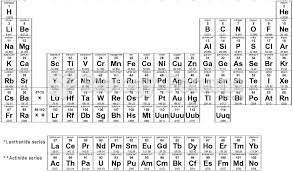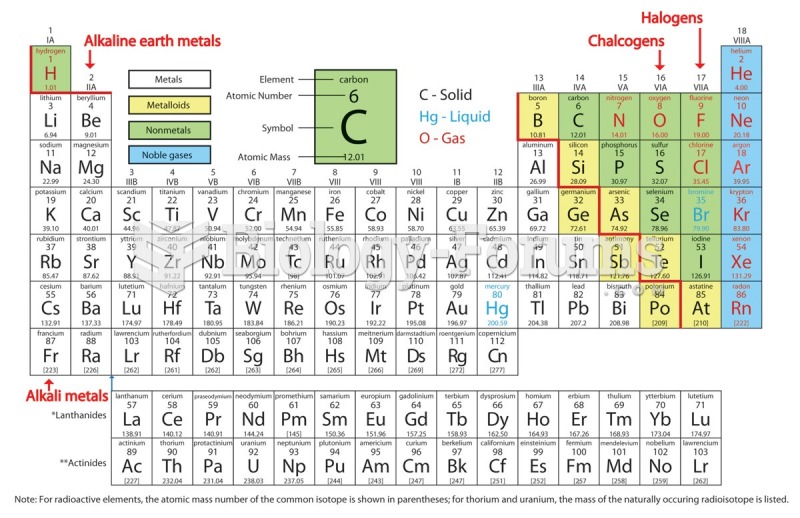|
|
|
The types of cancer that alpha interferons are used to treat include hairy cell leukemia, melanoma, follicular non-Hodgkin's lymphoma, and AIDS-related Kaposi's sarcoma.
Stevens-Johnson syndrome and Toxic Epidermal Necrolysis syndrome are life-threatening reactions that can result in death. Complications include permanent blindness, dry-eye syndrome, lung damage, photophobia, asthma, chronic obstructive pulmonary disease, permanent loss of nail beds, scarring of mucous membranes, arthritis, and chronic fatigue syndrome. Many patients' pores scar shut, causing them to retain heat.
There are over 65,000 known species of protozoa. About 10,000 species are parasitic.
Drying your hands with a paper towel will reduce the bacterial count on your hands by 45–60%.
Disorders that may affect pharmacodynamics include genetic mutations, malnutrition, thyrotoxicosis, myasthenia gravis, Parkinson's disease, and certain forms of insulin-resistant diabetes mellitus.
 a) Avoid bending your spine from working with the table too low. b) Avoid hiking your shoulders from ...
a) Avoid bending your spine from working with the table too low. b) Avoid hiking your shoulders from ...
 Standing at the head of the table, apply oil or lotion to the entire back with bilateral stroking. ...
Standing at the head of the table, apply oil or lotion to the entire back with bilateral stroking. ...





